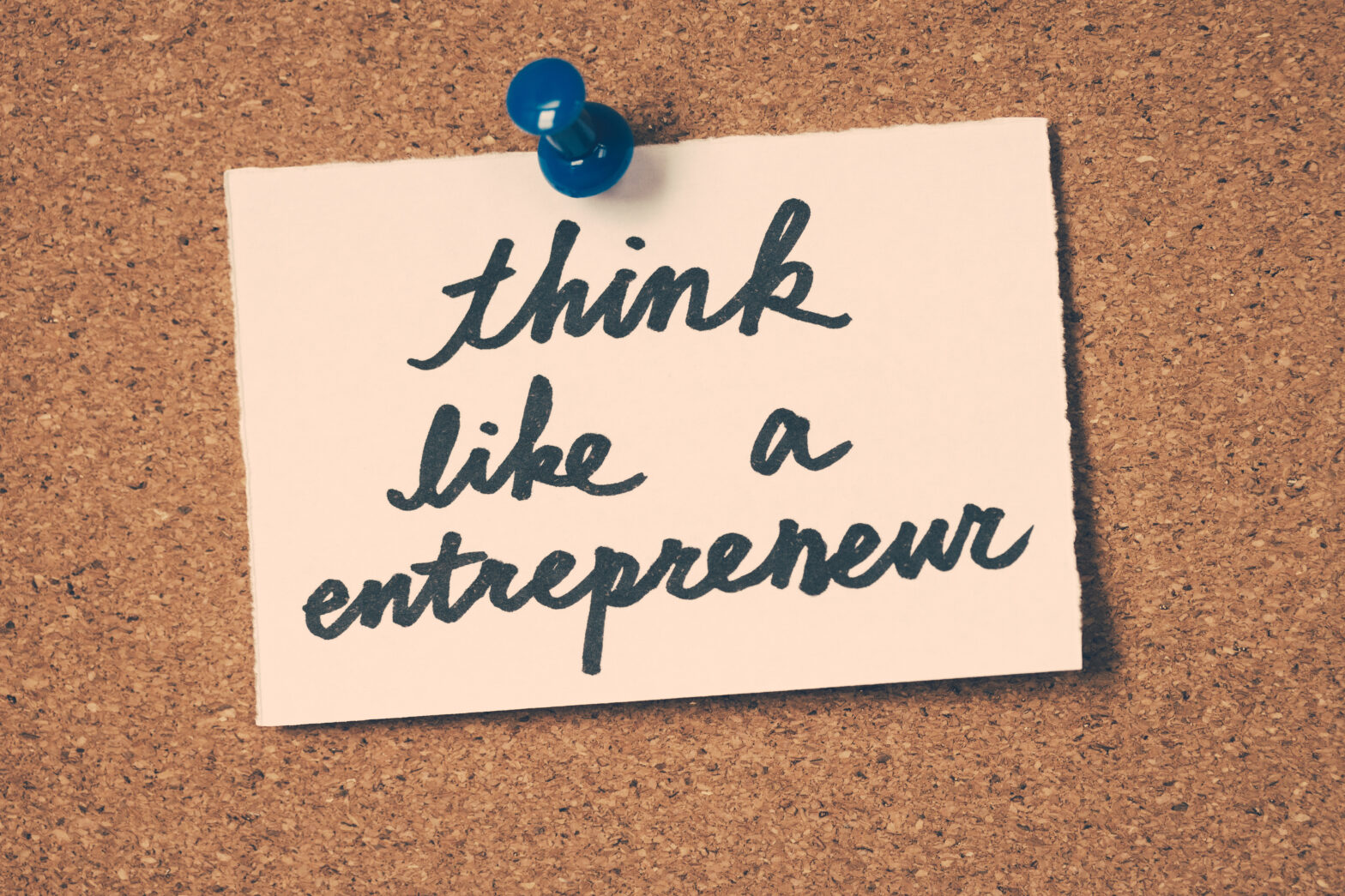Well, apart from their debatable facial hair and an individual net worth of over $3 billion, all three game-changing world-renowned entrepreneurs are among an ever growing list of powerful and famous Dyslexics.
Curiosity surrounds the debate about what makes a successful entrepreneur, whether it is the distinct levels of aspiration, the acute and sometimes alarming attention to detail, or the highest regard that most hold themselves in. Annoyingly, the many ways in which to define an entrepreneur and their road to success come from people who have never registered a business in their own name, let alone succeeded as an entrepreneur, resulting in abstract and somewhat confusing suggestions.
But Dyslexic entrepreneurs? That’s a different kettle of fish altogether. Does the continuous daily struggle and bombardment from the literary world on the dyslexic prepare them to one day break from their proverbial shackles and triumph in the entrepreneurial world?
The Hidden Disability
It’s been widely acknowledged that dyslexics have the ability to take hold of the bigger picture, to be widely persistent in a variety of tasks they undertake, and hold an abundance of creativity, traits identified in many of the world’s top entrepreneurs.
The National Institute of Neurological Disorders and Strokes defines dyslexia as “a brain-based type of learning disability that specifically impairs a person’s ability to read”, further noting that people with the condition typically read at levels significantly lower than expected despite having normal intelligence.”
Julie Logan, professor of entrepreneurship at Cass Business School in London, published findings in a 2007 paper showing that 35 per-cent of entrepreneurs in the US showed signs of dyslexia, compared to 20 per-cent in Britain. This gap is attributed to a more flexible education system in the US, however not much light is shed on the reasons why.
The Nature of Failure
One reason that has been widely credited, is that the coping mechanisms and the way a dyslexic child operates in early life provides strong foundations and practices resulting in many entrepreneurial attributes in later life. For example, if a child repeatedly fails school tests, that child will become comfortable with the notion of failure; if the child is a slow reader, the child learns to only extract the vital information from a set text.
Furthermore, dyslexics continually rely on others, whether it is family, friends or professionals, to get things done. The ability to trust an individual is an essential skill for anyone working in business industries.
The profitability and survival of a business relies not on the money that is put into it, but the strategies and ideas that take it forward. Entrepreneurial dyslexics have mastered the skill of creativity, on their feet thinking in response to battling with their own personal struggles. Furthermore, these skills are vastly transferable across all aspects of the business arena.
Studies have shown that people who don’t fit into the stereotypical societal norms, who are ostracised from the community hub and kept at arm’s length by the rest of the pack, subsequently create their own world from where to cope with discrimination. Multiple personality disorder for example. Society does not fend well at finding positives within struggle, whether it is individual or multicultural, with any difference to the norm only registered as negative.
However many entrepreneurial dyslexics believe that being segregated from the crowd has allowed them to develop visionary credentials, allowing them to see things that others don’t, again acknowledged traits of renowned entrepreneurs.
The reason why Dyslexia makes for great entrepreneurs is a result of how society treats dyslexia. The condition allows the individual to come to the realisation that they don’t have the necessary amount of skill sets in order to become successful. Therefore, the entrepreneurial dyslexic goes out and adapts to society, building an environment that they will succeed in.
Henry Ford founded Ford Motor Company, the second-largest car company in the US and fifth-largest in the world. Tommy Hilfiger spearheaded the fashion industry over the last thirty years before selling the company in 2006 for $1.6 billion. Walt Disney, inventor of the modern-day cartoon and founder of the Walt Disney Company. When Time Magazine asked Richard Branson whether dyslexia hindered his business abilities, he replied, “Strangely, I think my dyslexia has helped.” If dyslexia hindered any of these entrepreneurs, it certainly didn’t alter their ambitions.
This article has been written by James Honnan-Mellett, Editor, Senior Content Writer and Freelance Journalist. Working on behalf of Brookson Accountants for Contractors, James specialises in feature writing, magazine design and content publication.
Some Notable Entrepreneurs with Dyslexia
| Richard Branson |
| Anita Roddick |
| Lord Sugar |
| Jamie Oliver |
| Ingvar Kamprad (Ikea) |
| Theo Paphitis |
| Steve Jobs |
| Tommy Hilfiger |
| Charles Schwab |
| Henry Ford |
| Walt Disney |






